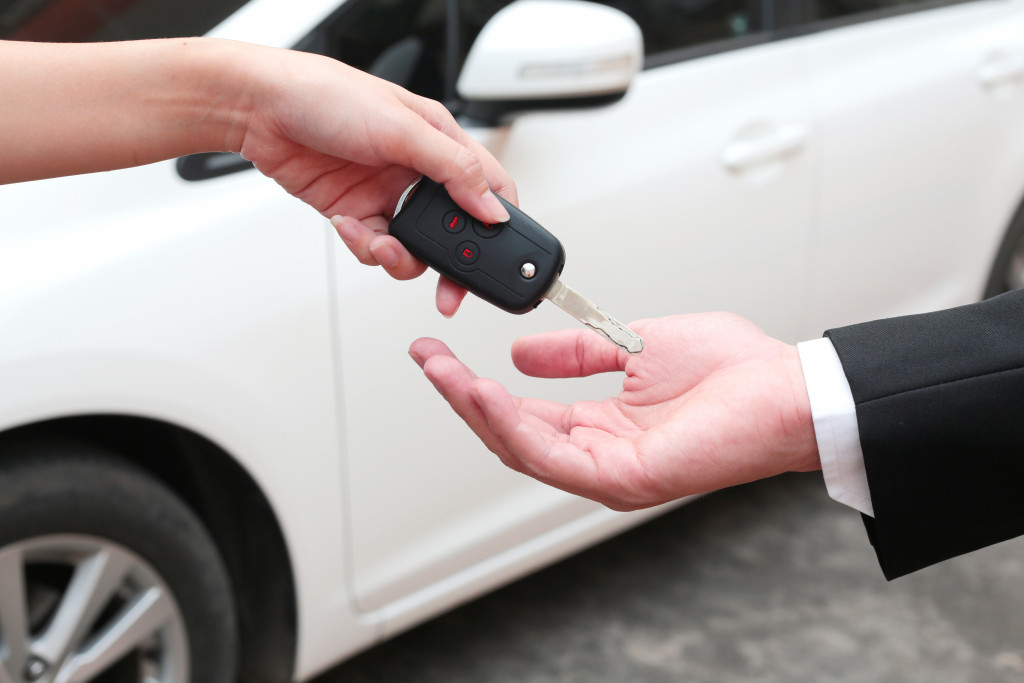When buying a car, you would’ve already considered your budget, how you’d use it, and where you’re driving it. You would’ve also thought about the brand, design, and color of the car of your dreams. But have you considered all the other factors that play into finding the perfect vehicle for you? Here are some things to keep in mind:
Make sure the car has everything you need
When you go car shopping, you must ensure that the vehicle has all the necessary components. If you live in a cold climate, you might want a car with a remote starter so you can warm it up before you get in. If you have a long commute, you might need features like lane departure warning or adaptive cruise control to make the drive more bearable.
You might also want a sunroof to enjoy the weather while driving. And if you like to listen to music while on the road, make sure the car has a good sound system.
Some cars also have built-in navigation systems that make it easy for you to get around town. Moreover, if you’re looking for a car that makes parking a breeze, consider one with parking assist feature. This technology uses sensors to help you perfectly park your car between the lines. It’s a great feature to have if you don’t have a lot of space to park in or if you’re not very confident about your parallel parking.
If you’re looking for extra safety while driving, consider cars with built-in dashcams. They can provide video footage of accidents and other incidents while you’re going. This footage can be helpful when filing insurance claims or proving innocence in traffic accidents.
Think about what you need from a car and ensure the one you’re considering has those features. It’s not worth buying a car that doesn’t have everything you need and buying an aftermarket product to add it later.
Take into account fuel economy and insurance rates
When considering fuel economy, it’s essential to think about your driving habits. If you do a lot of stop-and-go driving in the city, you won’t need a car with excellent highway mileage. Conversely, if you have a long commute on the highway, you might want to consider a car with good gas mileage because it will save you money in the long run.
If you’re looking for a car with a fuel-efficient engine, for example, if you’re considering an SUV, look for one with a turbocharged four-cylinder engine. These engines are smaller and more efficient than larger engines.
Moreover, you can be gas efficient by driving sensibly. If you go too fast, you’ll use more gas than necessary. And if you accelerate too quickly, you’ll also use more gas than you need. So, if you want to save money on fuel, make sure you’re driving the speed limit and accelerating gradually.
Remember that the car you choose will also affect your insurance rates, your driving record, and how often you intend to use your vehicle, among other factors. For example, if you choose a sports car, you can expect to pay higher insurance premiums than someone who prefers a sedan. So, when considering a car, make sure you factor in the insurance cost.
You should always consider fuel economy and insurance rates when choosing a car because those can make a big difference in the long run.

Factor in maintenance and repair costs
If you’re not mechanically inclined or don’t have the time to maintain your vehicle, be sure to factor in the cost of regular check-ups and tune-ups with a professional. Most carmakers recommend service every 5,000 miles or six months, whichever comes first.
While check-ups and routine maintenance are relatively affordable, repairs can be expensive. If your car needs a major repair, such as a new engine or transmission, you could be looking at a bill of several thousand dollars.
A few common signs your car might need repairs are if it’s hard to start, if it’s making a lot of noises, and if fluid is leaking under your vehicle. If your check engine light is on, it’s time to have it diagnosed and repaired since you might have a bigger problem on your hands, such as a knock circuit malfunction, worn spark plug, or a faulty oxygen sensor.
When in doubt, always ask a professional for their opinion. Check engine light services can range in price depending on what needs to be done. You might only pay $50 or less if it’s something simple. However, if you need more extensive repairs, such as a new catalytic converter, you could end up paying $1,000 or more. No matter the cost, it’s important to get any repairs done as soon as possible to avoid further damage to your vehicle. The technicians will diagnose and fix the problem so that you can get back on the road worry-free.
A car repair is something you shouldn’t pass on for next time simply because you can’t afford the services or necessary car parts. Hence, regular maintenance is essential. Any potential issues would have been dealt with earlier on, and it helps ensure your vehicle runs smoothly and efficiently.
You can save a lot of money and hassle by being well informed and considering all these factors before buying a car. By doing your research, you can be sure that you’re getting the best car for your needs and that it will last many years.




